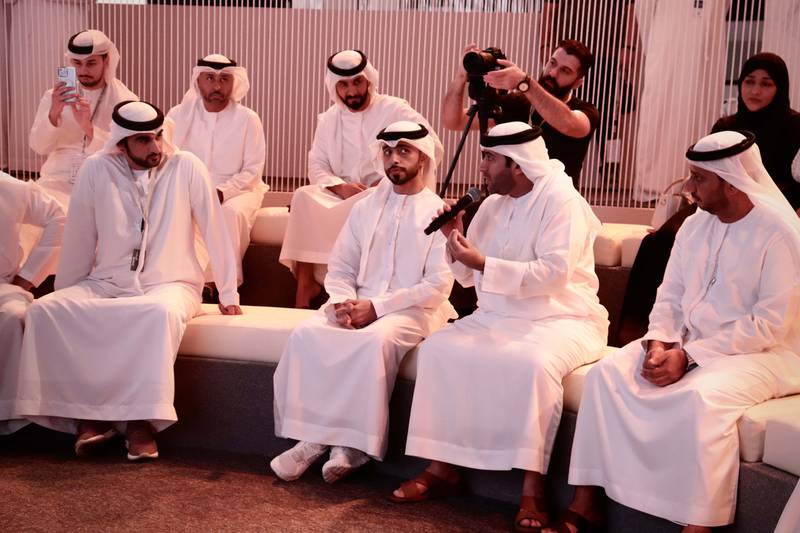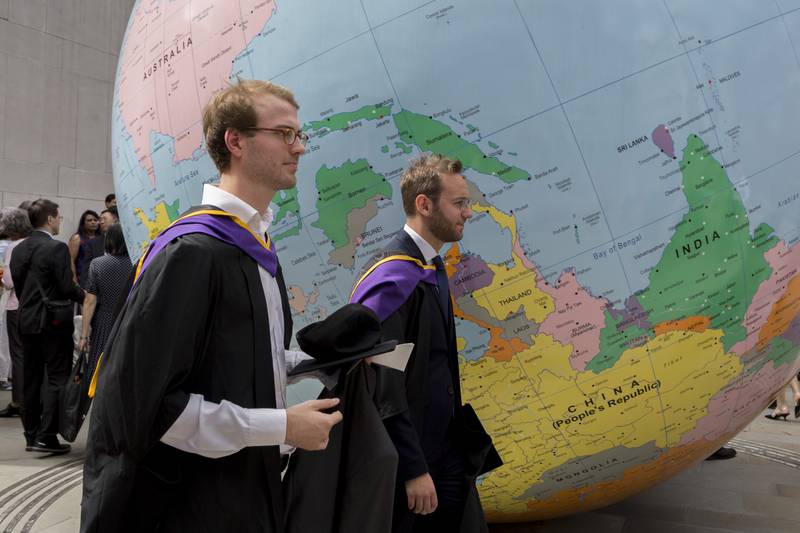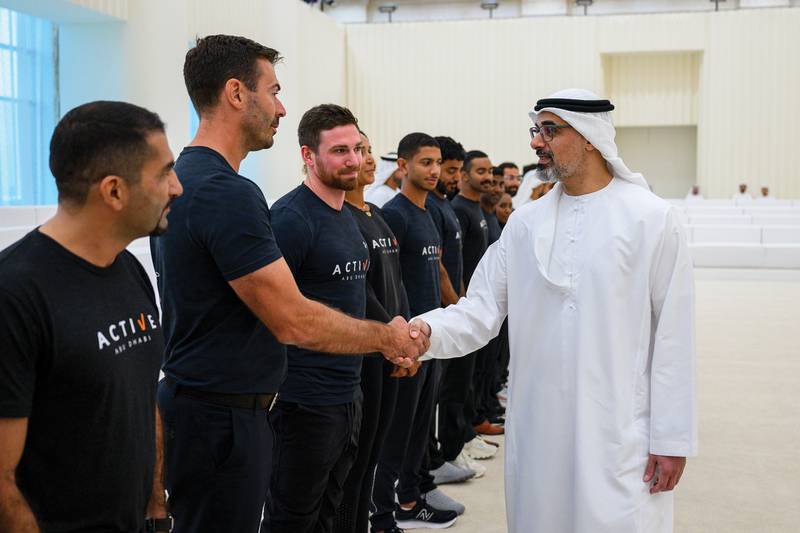Title: Sharjah Majlis: A Modern Approach to Tradition Ensures Community Engagement and Problem-solving
Introduction:
In the era before the formation of the UAE, resolving disputes involved pleading cases with tribal leaders. Tribes would gather in a majlis, a traditional meeting place, to discuss issues and socialize. Although the UAE is now renowned for its modernity and rapid development, the traditional majlis system still plays a valuable role in society. In 1999, Sheikh Dr Sultan bin Muhammad Al Qasimi, the Ruler of Sharjah, established the Department for District and Village Affairs. This department serves as a bridge between the people and the government, guaranteeing a platform for the local community to voice their concerns and seek resolutions.
Sharjah Majlis project:
The Sharjah Majlis project ensures that every individual has a voice by creating local councils where people’s problems are addressed. Under the Department for District and Village Affairs, there are 15 majlis serving several communities throughout Sharjah. The key purpose of these majlis is to provide a platform for problem-solving discreetly, assuring individuals that their issues will remain confidential.
Problem-solving and community engagement:
Sheikh Majid bin Sultan Al Qasimi, chairman of the District and Villages Affairs Department, emphasized the importance of discretion in the majlis. He stated that the focus is on solving people’s problems rather than showcasing achievements in media. The members of the majlis work as mediators, resolving family disputes and disagreements between neighbors. For larger issues, such as infrastructure complaints, the majlis forwards the complaints to the relevant government departments. This system establishes the majlis as a bridge connecting the people and the government.
Community services and support:
Each majlis has the autonomy to serve its community in various ways. Some majlis provide food and water to families with low incomes, while others allow residents to host events such as weddings and memorials free of charge. The majlis Al Khalidiya, for example, supports the elderly and retired individuals. The aim is to bring communities together and foster unity. During Ramadan, some majlis even host free iftar meals, attracting people to break their fasts together.
Utilizing traditional and modern methods:
Despite the utilization of modern technology and social media to reach out to people, the majlis maintain a commitment to personal engagement. Members visit people’s homes to hear their problems, recognizing that not everyone has access to newer forms of technology, especially older generations. Social media platforms are used as additional tools to connect with the community.
Conclusion:
The Sharjah Majlis project epitomizes the UAE’s commitment to embracing modernity while preserving valuable traditions. By establishing local councils and providing a platform for problem-solving, the majlis ensures that every individual has a voice and a means to address their concerns. This unique system enhances community engagement, supports the elderly and low-income families, and fosters unity among residents. The majlis continues to evolve, utilizing both traditional and modern approaches to effectively serve the people’s needs.
Using historical methods to address contemporary issues: Sharjah’s approach

I have over 10 years of experience in the field of cryptocurrency and blockchain technology. I have attended numerous conferences and events around the world, and my work has been featured in major publications such as CoinDesk, Bitcoin Magazine, and Yahoo Finance.




